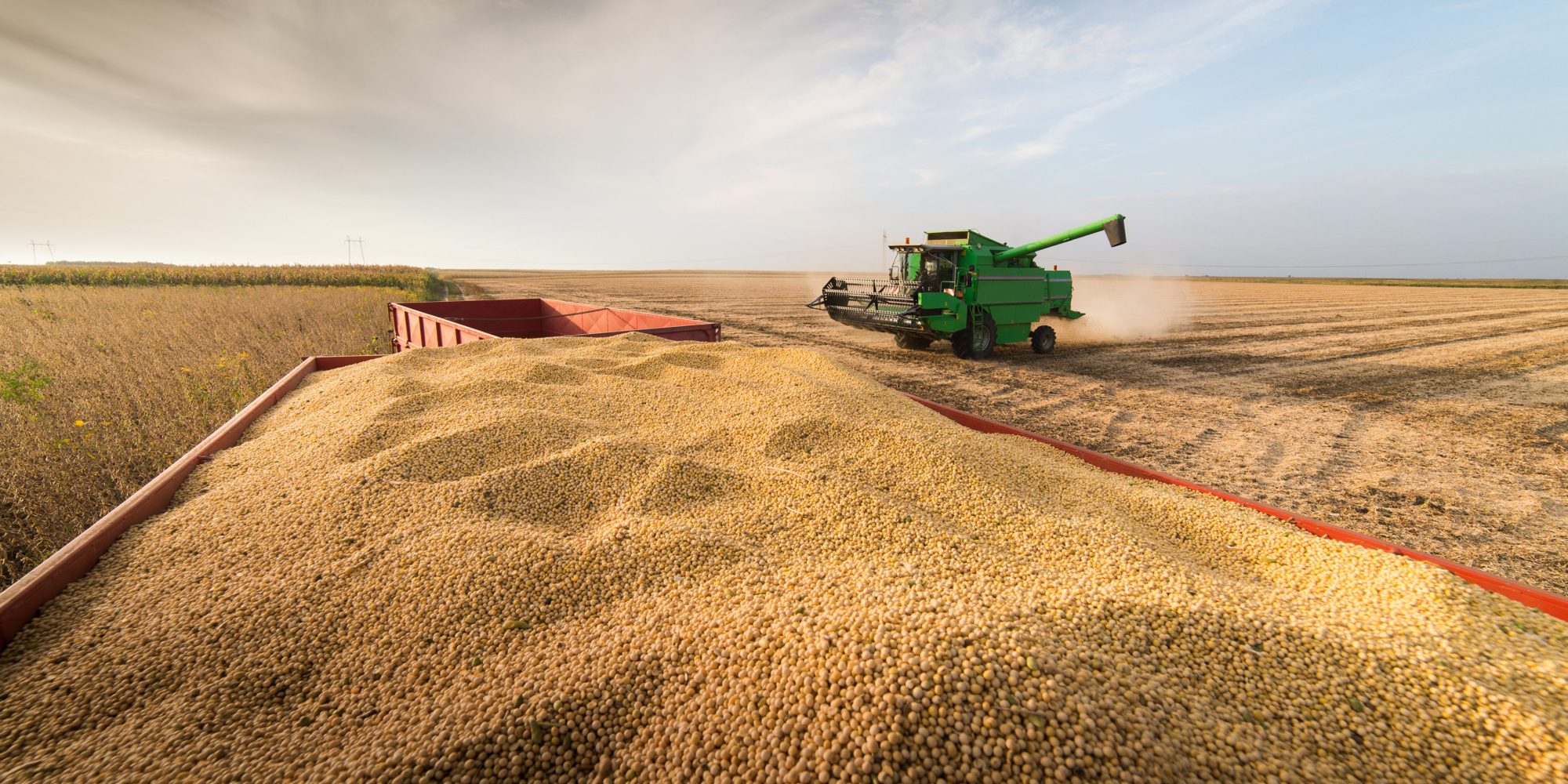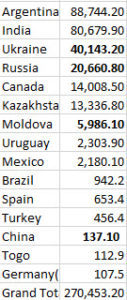11.21.2025
Sausage casings bulletin, November 21, 2025

...

The National Pork Producers Council and 30 state pork producer associations are lobbying the U.S. Department of Agriculture to prohibit the importation of organic soy products from countries that are positive for African swine fever (ASF). The goal is to protect the U.S. pork industry from the introduction of the virus. The question for those in the trade is how this will affect organic soybean prices. Additionally, if this ban comes to pass, how long before the Pork Industry realizes that organic corn could also carry ASF, which could impact organic corn prices.
The U.S. pork industry wants Secretary Perdue to restrict the import of organic soy products for animal-feed under the Animal Health Protection Act from all ASF-positive countries. The Secretary has broad authority under the Animal Health Protection Act to prevent the introduction of foreign animal diseases.
There are several countries that currently are experiencing an ongoing battle with ASF. Of the countries that import organic soybeans to the US in 2019, Ukraine, Russian and Moldova, along with China are currently battling ASF according to the World Animal Health Information Database. The volumes of imports from impacted countries make up approximately 25% of the total organic soybeans that were imported into the United States in 2019. Separately, Romania tops the list of countries that are impacted by ASF that exported organic soybean meal into the United States in 2019. Approximately 9% of the organic soybean meal that was imported into the US in 2019 came from Romania.
So how will this impact the price of the organic soybean complex? With tight supplies already driving organic soybean prices above $20 per bushel in the mid-west and $780 for organic soybean meal per short ton in South Central PA, the result should be bullish. Approximately 65K metric tons of organic soybeans and nearly 18K tons of organic soybean meal would possibly be restricted. Organic soybean/meal imports made up slightly more than 70% of the organic soybean/meal used for feed during 2019, and merchandisers are already having a difficult time finding any available organic soybeans in the US. While the restriction would have an immediate impact on sentiment likely pushing organic soybean/meal prices higher.
